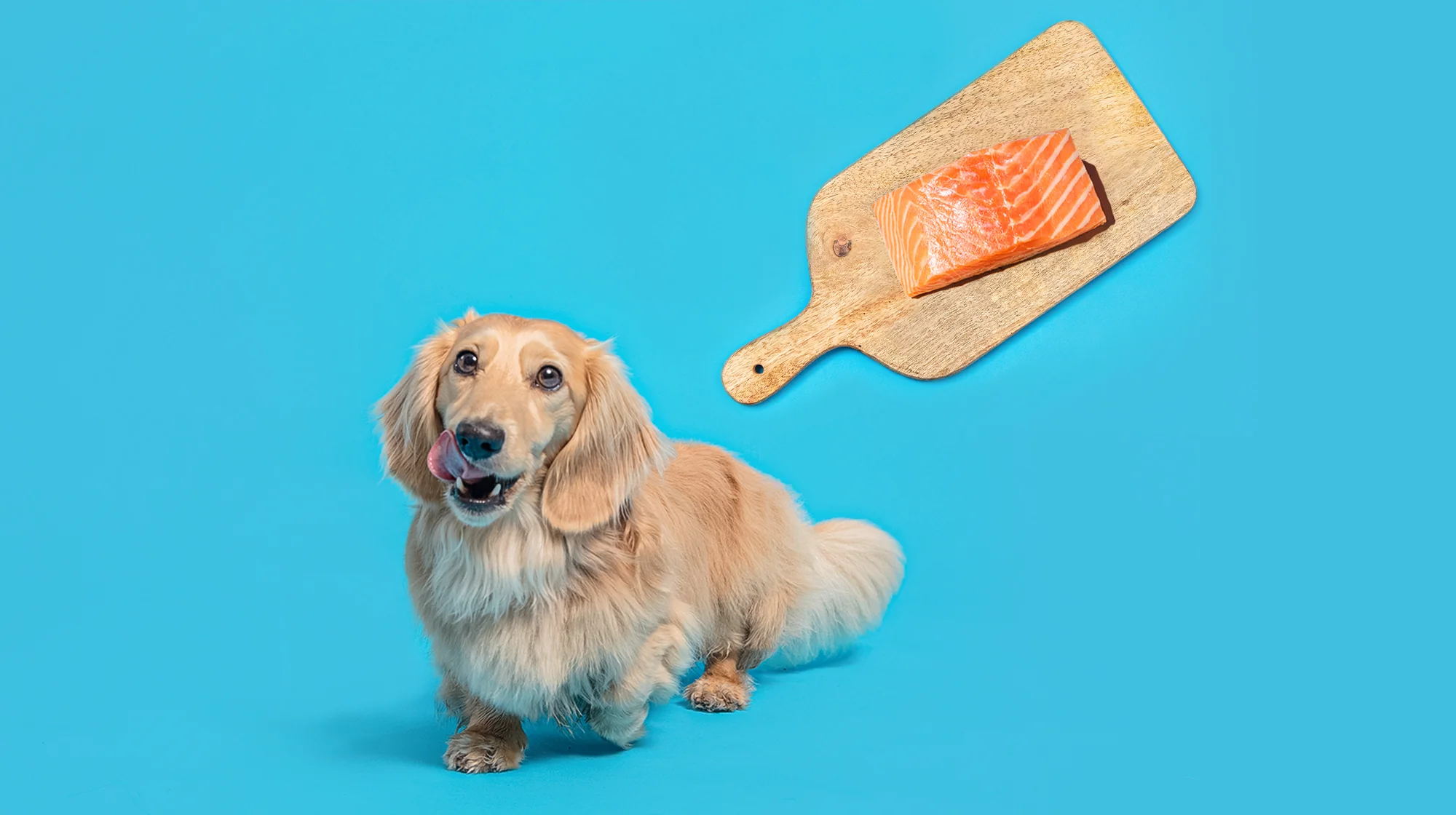As a responsible pet owner, you may be curious about which human foods are safe to share with your dog. Salmon is a popular fish known for its health benefits, but when it comes to salmon skin, many dog owners wonder if it's a safe and nutritious treat. This article delves into whether dogs can eat salmon skin, the potential health benefits and risks, and guidelines for serving it to your furry friend.
Is Salmon Skin Safe for Dogs?
Yes, salmon skin is generally safe for dogs to eat, provided that it is cooked properly and prepared without harmful seasonings. Salmon skin contains healthy fats and nutrients that can be beneficial for your dog. However, there are a few important considerations to keep in mind when feeding salmon skin to your pet.
Nutritional Benefits of Salmon Skin for Dogs
-
Omega-3 Fatty Acids: Salmon skin is rich in omega-3 fatty acids, which are essential for maintaining healthy skin and a shiny coat. Omega-3s also support brain health, reduce inflammation, and promote heart health in dogs.
-
High in Protein: Salmon skin contains protein, which is vital for your dog’s growth, repair of tissues, and overall health. Protein is also essential for maintaining strong muscles.
-
Vitamins and Minerals: Salmon skin is a good source of various vitamins and minerals, including vitamin B12, selenium, and niacin. These nutrients contribute to your dog’s immune function, energy production, and overall vitality.
Risks of Feeding Salmon Skin to Dogs
While salmon skin has several health benefits, there are some risks and considerations to keep in mind:
-
Mercury and Toxins: Salmon, like many fish, can contain environmental toxins and heavy metals, such as mercury. While the levels are usually low, long-term exposure to these toxins can have adverse effects on your dog’s health. Always choose high-quality, wild-caught salmon to minimize these risks.
-
Cooking Method: Raw salmon skin may contain parasites, bacteria, or other pathogens that can be harmful to dogs. Cooking the skin thoroughly eliminates these risks. Never feed your dog raw salmon skin.
-
Seasonings and Additives: Avoid giving your dog salmon skin that has been seasoned or prepared with ingredients that are toxic to dogs, such as garlic, onion, or excessive salt. These ingredients can lead to serious health issues in dogs.
-
Choking Hazard: Salmon skin can be tough and chewy, which may pose a choking hazard, especially for small dogs. Always cut it into small, manageable pieces.
-
Fat Content: While healthy fats are beneficial, feeding too much salmon skin can lead to weight gain and digestive issues due to its high-fat content. Moderation is key.
How to Prepare Salmon Skin for Your Dog
If you decide to give your dog salmon skin, here are some tips on how to prepare it safely:
-
Cook Thoroughly: Always cook salmon skin until it’s fully done. Baking or grilling without added oils or seasonings is the best method.
-
Remove Bones: Ensure that all bones are removed before serving salmon skin to your dog, as fish bones can splinter and pose a choking hazard or cause internal injuries.
-
Cut into Small Pieces: After cooking, cut the salmon skin into small, bite-sized pieces to make it easier for your dog to chew and digest.
-
Serve Occasionally: Salmon skin should be treated as an occasional treat rather than a regular part of your dog’s diet. Offering it once in a while can help prevent potential health issues associated with overconsumption.
Signs of Allergies or Sensitivities
When introducing any new food to your dog's diet, it’s important to monitor them for signs of allergies or sensitivities. Watch for:
- Itching or scratching
- Swelling of the face or mouth
- Gastrointestinal upset (vomiting, diarrhea)
- Lethargy or changes in behavior
If you notice any of these symptoms, discontinue feeding salmon skin and consult your veterinarian.
Conclusion
Salmon skin can be a nutritious and tasty treat for dogs when prepared correctly and given in moderation. It offers several health benefits, including omega-3 fatty acids, protein, and essential vitamins. However, it’s crucial to ensure that the salmon skin is cooked thoroughly, free from harmful seasonings, and served in appropriate portions.
As with any dietary change, consulting with your veterinarian before adding salmon skin to your dog’s diet is always a good idea. By understanding how to safely introduce this delicious treat, you can enhance your dog’s diet and support their overall health and well-being.


